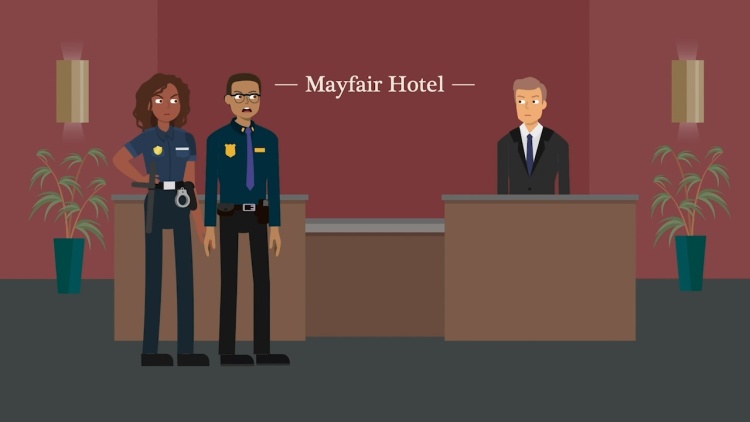Stoner v. California
United States Supreme Court
376 U.S. 483 (1964)
- Written by Salina Kennedy, JD
Facts
While investigating a supermarket robbery, police gathered evidence leading them to believe that one of the robbers was Joey L. Stoner (defendant), a guest at a nearby hotel. Officers went to the hotel without a warrant and learned that Stoner was not in his room, so they asked the night clerk for consent to search the room in Stoner’s absence. The night clerk consented, led police to the room, and opened the door. Upon searching the room, police found evidence linking Stoner to the robbery. Two days later, Stoner was arrested. At trial, the items found in Stoner’s hotel room were admitted into evidence over his objection, and Stoner was convicted. A state appellate court affirmed the conviction, the state supreme court denied review, and the United States Supreme Court granted certiorari to determine whether the evidence in question had been obtained in an unlawful search and seizure.
Rule of Law
Issue
Holding and Reasoning (Stewart, J.)
Concurrence/Dissent (Harlan, J.)
What to do next…
Here's why 907,000 law students have relied on our case briefs:
- Written by law professors and practitioners, not other law students. 47,100 briefs, keyed to 996 casebooks. Top-notch customer support.
- The right amount of information, includes the facts, issues, rule of law, holding and reasoning, and any concurrences and dissents.
- Access in your classes, works on your mobile and tablet. Massive library of related video lessons and high quality multiple-choice questions.
- Easy to use, uniform format for every case brief. Written in plain English, not in legalese. Our briefs summarize and simplify; they don’t just repeat the court’s language.





